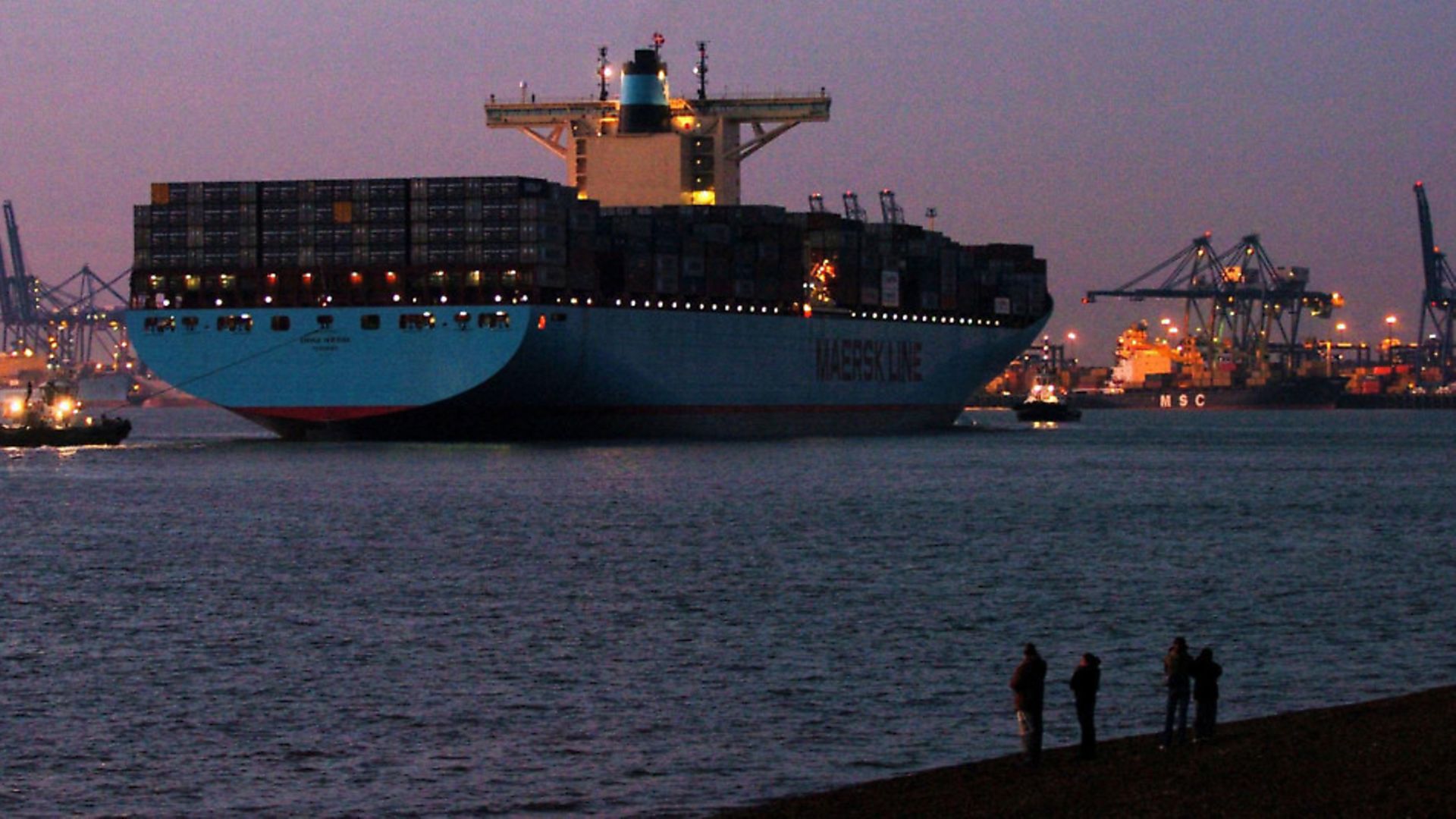
Brexiteers often claim trade will boom after the UK quits the EU. Here RICHARD ANGELL, director of Progress, explains why that is nonsense
Some people talk about ‘stopping Brexit’ as though it is a binary: you either stop it or you do not.
But part of the danger of this is that it includes an analysis, two years on from the referendum, that 52% of the population are in favour of leaving the European Union, and 48% are against. I am not sure that is the case.
Anyone who works on an election campaign will tell you that a lot of minds are made up in the final days before the vote – as people who do not think about politics begin to consider it once more.
However, many also seem to change their mind shortly after an election, too. Often, the winning side will see a post-election boost in the polls, as people are swept up with the positive connotations of victory. For them, the winning side then has their vote – until they lose it.
The success of reversing, or at least diminishing the impact of, Brexit does not rest solely on ‘soft Leavers’ – those who voted out but may change their mind – but also enormously on ‘soft Remainers’. As pro-Europeans, we will not have any success in shaping the future of our country unless we come to terms with the fact that many who voted alongside us are actually very taken with some elements of leaving the European Union.
Research from the People’s Vote campaign consistently shows that Leave still conquers the public argument of trade, including with those soft Remainers.
This is because it is one of the most positive elements of their entire case: plucky, entrepreneurial Britain, making the ‘best deals’ around the world, in Trumpesque fashion. Make Britain great again! Those who think otherwise are, of course, talking Britain down. Saboteurs!
The other reason that this is not a simple binary is that even hardcore Brexit headbangers are not one, single group. Roughly, you can divide them into two groups.
On the one hand, you have the nativists, who account for the vast majority of Brexiteers and are more protectionist by nature. On the other hand, you have the imperialists, who account for the vast majority of Brexiteers in parliament and the elites who ran the Vote Leave campaign. There are also the ‘Lexiters’, who do not account for an enormous number, but sadly do run an enormous political party.
It was the imperialists who come up with Vote Leave’s ‘go global’ strapline early on in the referendum campaign, and had to jettison it precisely because the idea was anathema to Vote Leave’s base: the nativists.
Now, the same people are reviving the concept in their plans for post-Brexit trade, while skipping over the downsides to leave a promise which is neither deliverable, nor that they believe in. The basic rules of trade matter even more once Britain is outside the EU: that proximity is paramount, that increased trade into established markets requires a lowering of standards, and that access to new markets will mean a generous number of visas for those markets’ citizens.
On the first rule, it is worth bearing in mind that ‘globalisation’ is essentially a misnomer: what has really happened is that the world is now split up into greater regional trading blocs, and that not being inside any of them gets you worse access to all of them.
Therefore, the latter two rules carry even greater weight. Should we want access to the north American market, for instance, without Donald Trump’s sky-high tariffs, what will we have to give away in return? Workers’ rights, consumer standards and environmental safeguards are just the start; we can probably take one last look at our NHS as we know it, too. Canada does not offer much more: it already has a deal with the EU that has written into it that the two parties will not give any other country a more favourable deal.
Should we seek to trade with emerging markets instead, then the idea that we left the Europe to reduce immigration will become a joke. India will be top of our list for hopeful deals, and will seek considerable visa access in return. This is a country that has almost double the population of the whole of the EU; yet the government is determined to end freedom of movement.
As a political campaigner, this is how you approach your opponents’ electoral coalition. What do they have in common? What can drive a wedge between them?
Britain’s trade prospects are one of the biggest elements that is holding the support of Brexit together. But it is a sham. Neither soft Remainers nor nativist Brexiteers want to trade away our rights or borders, and the imperialists cannot deliver a better trading bloc than the EU. Trade may not be the most emotive issue, but it could be the key to unpicking this whole mess.
• Richard Angell is director of Progress – the centre-left pressure group









